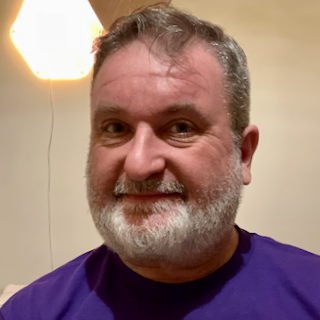Well, sometimes your plans go awry. I was hoping that VMS Software, the current owners of OpenVMS, would continue to offer their Community licence in approximately its current form. That would allow me to continue to document my progress in setting up OpenVMS on virtual servers. Unfortunately, they’re not doing that.
Instead, they are supplying a pre-installed Virtual Disk with a bare bones operating system, software and compiler install. That restricts all the things I was interested in setting up: basically, to set up the sort of computing environment I used when I was at university, but emulated on modern hardware.
I feel quite sad about this decision. They could have restricted the type of producrs in the community licence. They could have extended the validity of individual licenses so they didn’t need to generate all the community licences all at once. They could have started a rolling programme of licence updates so that the workload was spread over the course of the year. They could have automated the process, for goodness sake.
But here we are. All of the work I did is on a separate VMS disk, so I could mount it and get back to roughly where I was1, but the twofold hit of not having access to the layered products archive (it doesn’t even need to be all of it!) to add stuff like decent printing, but primarily, the necessity, each year, of dedicating a part of my (not exactly copious) messing about with stuff time to making sure I’ve got all I’m doing saved, then wasting that time getting it all set up again on a new set of virtual machines before I can make any progression again.
VMS Software have an ambassador programme, and I would probably qualify giving what I had hoped be working on and documenting here, as I go. But would I want to be a part of that when, at the moment, they’ve sucked all of the fun out of using VMS as a hobby for everyone who isn’t an ambassador?
VMS Software could have approached this differently, and better. A viable community – which does incur a cost – is a vital part to generate enthusiasm for a niche product. And they have basically just shot that community in the head.
-
I was working on how to, as near as possible, replicate the shared-everything configuration of a traditional cluster. Not OS of course, but as much as possible of everything else: a modern SYS$COMMON. ↩
